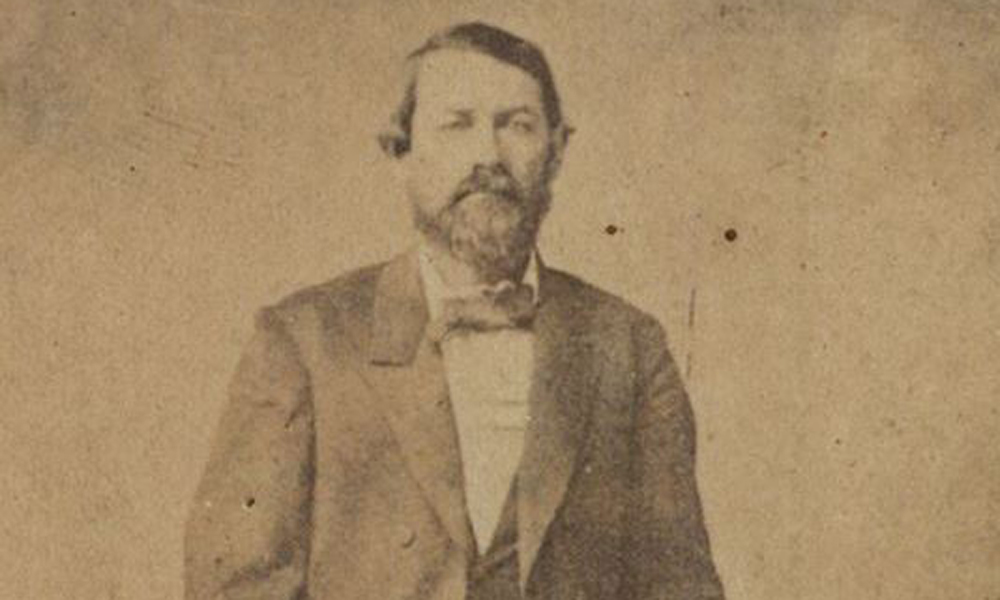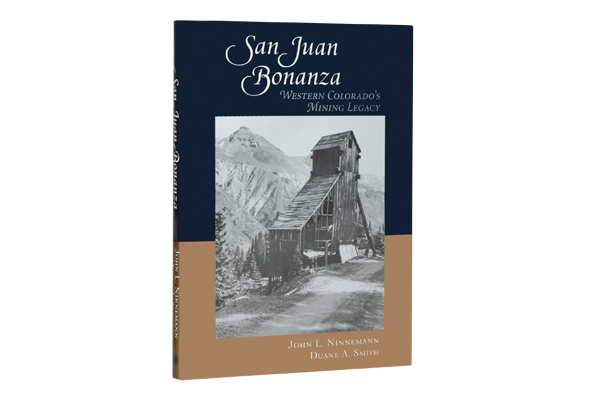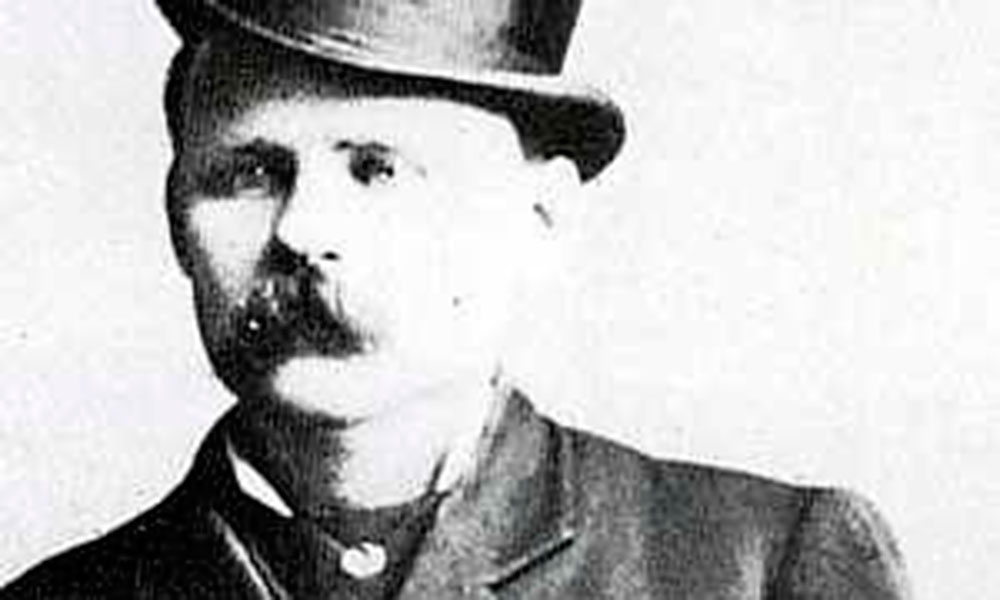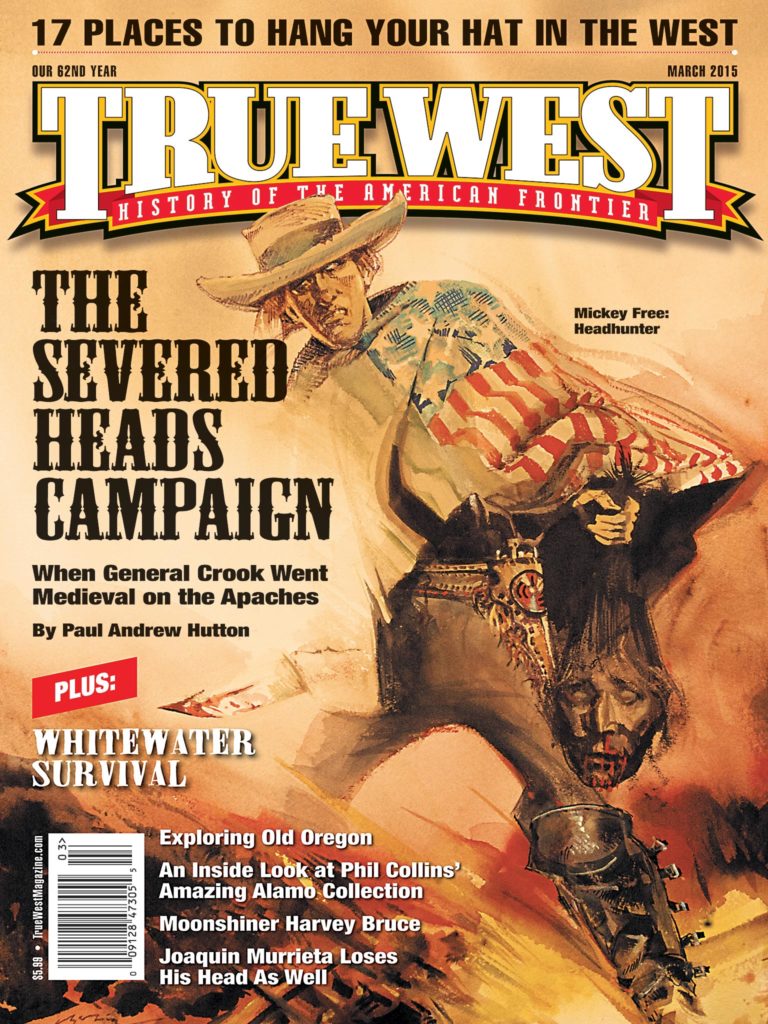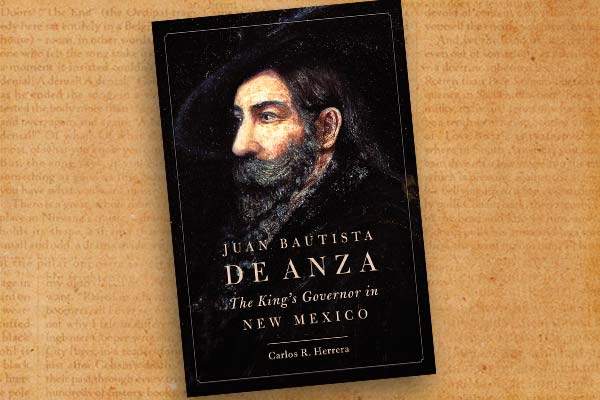 Thirty years before the American Colonies’ Declaration of Independence, Juan Bautista de Anza II was born at the Spanish Empire’s presidio outpost, Fronteras, in Sonora, Mexico. His father, Captain Juan Bautista de Anza I, was an army captain fighting to protect the Spanish settlements against the empire’s avowed enemies, the Apache.
Thirty years before the American Colonies’ Declaration of Independence, Juan Bautista de Anza II was born at the Spanish Empire’s presidio outpost, Fronteras, in Sonora, Mexico. His father, Captain Juan Bautista de Anza I, was an army captain fighting to protect the Spanish settlements against the empire’s avowed enemies, the Apache.
As the son of the empire with royal ties, de Anza II was raised on the frontier as the youngest of six children. His father, one of the most respected Spanish leaders by all factions, settlers, missionaries, natives, and bureaucrats, was killed in 1740 in an Apache ambush. Only four at the time of his father’s death, young de Anza II’s life would be defined by life on the Sonoran frontier, and ultimately lead him to a career that would continue his father’s military mission for New Spain in the American Southwest.
Carlos R. Herrera’s poignant and insightful biography, Juan Bautista de Anza: The King’s Governor in New Mexico (University of Oklahoma Press, $29.95), redefines DeAnza’s life—and career—in a new paradigm, as a native Mexican whose legendary career as an agent of the Spanish Empire was successful because he was born, raised and educated in Sonora among the people he would serve in war and peace.
Two primary strengths of Herrera’s biography are his detailed endnotes and bibliography and his balanced approach to his subject in the context of the greater intersection of Sonora, Indian and Spanish Empire history. Herrera’s triangulation of these historical actors, as well as his interpretation of the influence of geography, religion and nationalist loyalty, is reminiscent of Donald.W. Meinig’s thesis in Southwest: Three Peoples in Geographic Change, 1600 to 1970. Herrera’s biography should also be considered a prequel to S.C. Gwynne’s Comanche history, Empire of the Summer Moon.
As an associate professor of history and director of the Borderlands Institute at San Diego State University—Imperial Valley, Herrera clearly understands the importance of interpreting the actions of de Anza both from the perspective of a native Sonoran and a servant of the king in relation to native peoples.
Herrera’s book provides scholars, students and aficionados of the American West with a new narrative and perspective on Mexico’s native-born leadership in 18th-century New Spain. I highly recommend Juan Bautista de Anza because Herrera’s fresh interpretation provides a contextual bridge to Spanish missions, settlement and rule in the northern provinces—and their conflicts with the Apache, Comanche and Pueblo Indians—that reveals Spain’s ability to successfully govern its most remote colonies with the right leadership. The obverse of de Anza’s leadership in the Southwest is the slow disintegration of Spain’s Empire in the Southwest and North America as the lack of empathetic, native-born leadership is usurped by cruelty and corruption. The what if question is: Would Spain have had greater success if all the Spanish king’s governors on the Mexican frontier had served with such effectiveness and distinction as Juan Bautista de Anza, a true son of Sonora?
—Stuart Rosebrook


